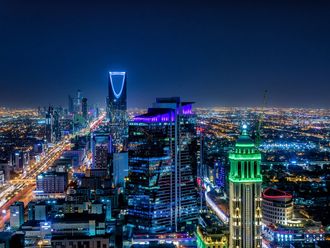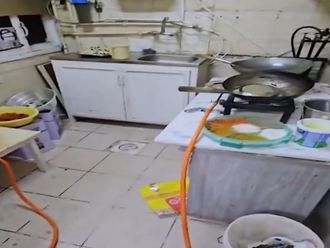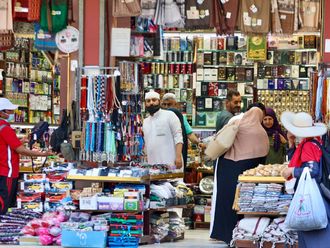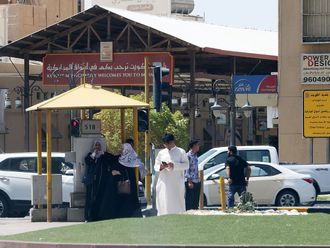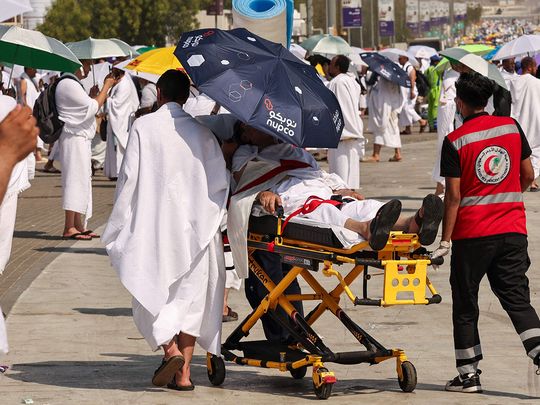
Dubai: Fourteen Jordanians have been reported dead during the annual Muslim Hajj pilgrimage in Saudi Arabia, some of them due to heat stroke, while 17 others were reported missing, the Jordanian foreign ministry said in a statement on Sunday.
At least of six of the fatalities were heat related, the ministry said on Saturday, with temperatures predicted to reach 47 degrees Celsius (116 Fahrenheit) in Mecca on Monday.
The Ministry of Foreign Affairs and Expatriates in Jordan earlier confirmed the deaths of six Jordanian citizens due to heat stroke while on Mount Arafat. However, many other local sources have reported a higher toll, indicating that 17 pilgrims have died, with their names being published.
Iranian Red Crescent chief Pirhossein Koolivand said "five Iranian pilgrims have lost their lives so far in Mecca and Medina during the Hajj this year", also not saying how they died.
It didn’t specify on Sunday whether the higher death toll was also due to the heat.
The Saudi health ministry issued an advisory on Thursday warning of soaring temperatures and advising pilgrims to stay hydrated and avoid being outdoors during the hottest hours of the day between 11am (0800 GMT) and 3pm.
Ambassador Dr. Sufyan Qudah, official spokesman and director of operations and consular affairs department in the ministry, stated that the Ministry is coordinating closely with the Saudi authorities to manage the burial processes and the repatriation of the deceased to Jordan for those families wishing to do so.
Ambassador Qudah extended deep condolences and sympathy to the bereaved families, offering prayers for mercy and forgiveness for the deceased.
Also read
- Saudi Arabia: Extreme heat a key challenge during Hajj 2024, official says
- Hajj 2024 begins in Saudi Arabia: ‘It’s hot, but somehow, with spirit of Allah, we don’t feel the heat that much’
- Saudi Arabia imposes summer ban on outdoor work from 12 to 3pm starting June 15
- Saudi Arabia: Preachers urged to shorten Friday prayers, sermons during Hajj
Heat stroke is a severe form of heat illness that occurs when the body’s temperature regulation system fails due to prolonged exposure to high temperatures.
This condition can lead to dangerous symptoms such as fainting, seizures, and even death if not promptly treated.
Heat stroke typically results from prolonged exposure to high temperatures, often exacerbated by dehydration and physical exertion, conditions frequently encountered during the rigorous activities of the Hajj pilgrimage.
Ali Al Daqamseh, media spokesman for the Jordanian Ministry of Awqaf, Islamic Affairs and Holy Sites, noted that the reported deaths were not part of the official Jordanian mission, indicating that they occurred independently of the organised groups.



